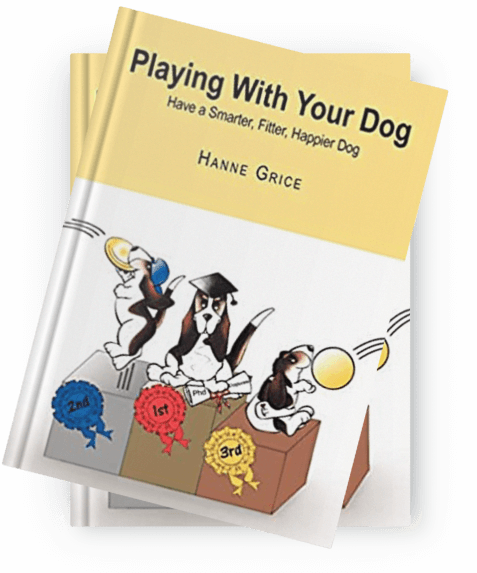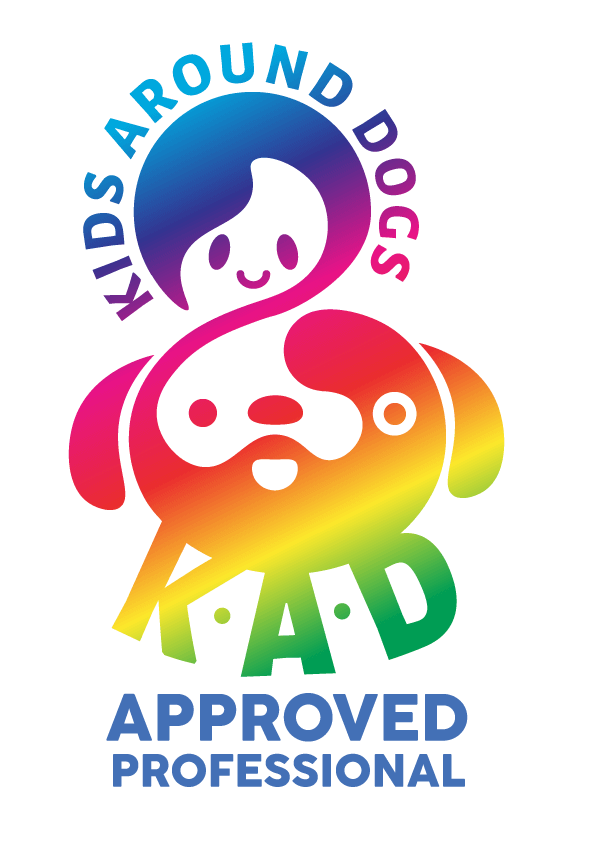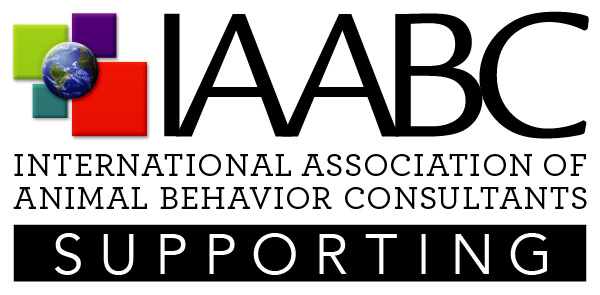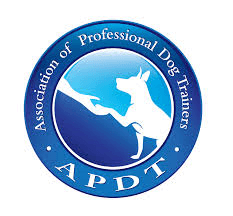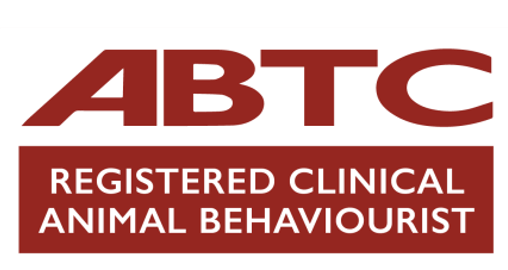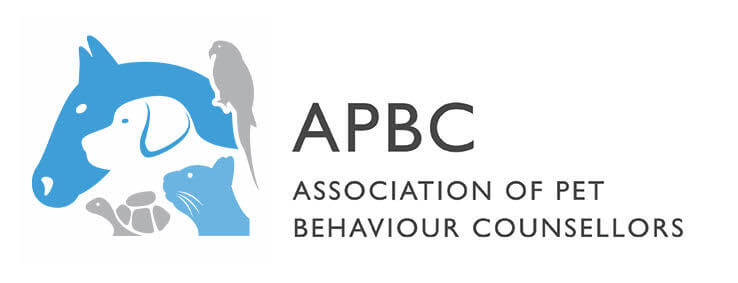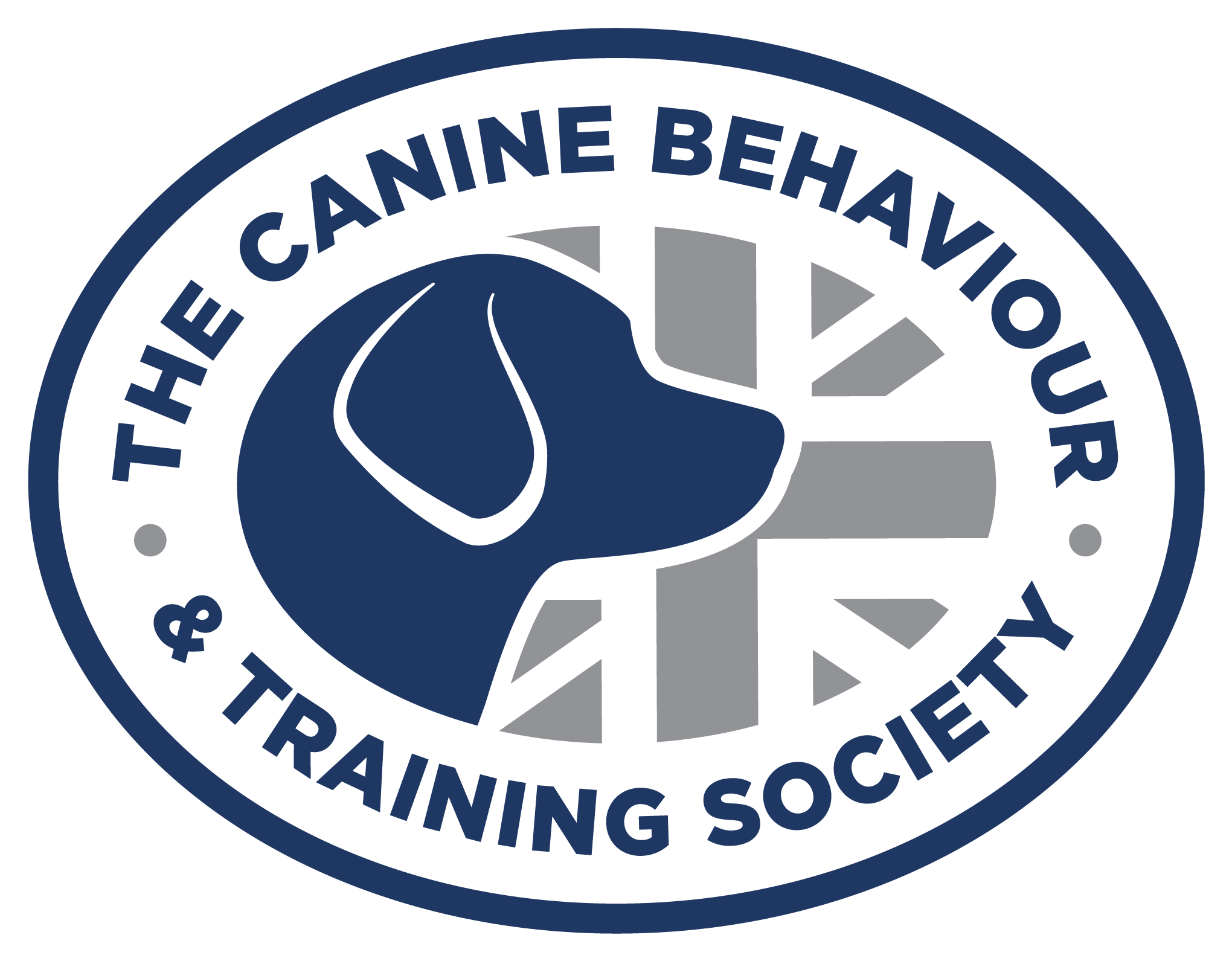With an estimated 12 million dogs and cats in the UK (PFMA, 2021), no doubt there will be a few drooling mouths as you tuck into your Easter treats. However, this is a time of year when we also see an increase in emergency visits to the vets where our pets have consumed something they shouldn’t. In fact, new data from The Kennel Club suggests that chocolate poisonings in dogs are expected to increase by 54 per cent this month. That is why we have put together some tips on how to keep Easter happy and safe for pets.
Chocolate Eggs
It’s always good to have a timely reminder of the dangers of human chocolate on dogs and cats as they cannot digest this, and it can make them feel very unwell.
- The British Veterinary Association (BVA) found eight in ten vets (80%) working in companion animal practice saw at least one case of chocolate poisoning in the lead up to Easter 2019. More than half (54%) of these vets had seen three or more cases in this period.
- Direct Line Pet Insurance revealed 89% of vets had treated cases relating to chocolate within the last 12 months, at an average cost of £220.
- While most owners are aware of the dangers, even a tiny treat can cause trouble.
- Chocolate contains a chemical called theobromine which is toxic to animals, as well as caffeine. Both theobromine and caffeine are used medicinally as a diuretic, heart stimulant, blood vessel dilator, and a smooth muscle relaxant. Because dogs cannot metabolize these chemicals as well as humans, this makes them more sensitive to their effects.
- The amount of theobromine found in chocolate can vary. For example, the more dark and bitter the chocolate, the more dangerous it is to dogs as this contains higher concentrations of theobromine. By contrast, white chocolate has low levels of theobromine.
- Common warning signs of chocolate ingestion include: vomiting and diarrhoea, panting and increased thirst or restlessness, excessive urination, and a racing heart rate.
- In more severe cases, owners may observe: muscle tremors, seizures, even heart failure.
However, it’s not just the chocolate you need to be wary of when it comes to your four legged friends…
Easter treats
- Celebrating Easter may mean we have more platefuls of nibbles than usual. This can include bowls of nuts. Most varieties of nuts contain high amounts of phosphorus which can lead to bladder stones.
- As little as six nuts are enough to cause some dogs to develop muscular tremors and paralysis in their legs.
- Hot cross buns are also a common favourite around Easter time. However, these typically contain: raisins, sultanas, lemon zest and the spice nutmeg.
- The ingredients in hot cross buns are toxic to animals. They can cause all sorts of problems from hallucinations, increased heart rate and blood pressure to abdominal pain, seizures, and may even prove fatal.
The meal
- Leftovers from the Easter as meal, such as bones from the meat shouldn’t be given to your pet.
- For example, chicken bones can splinter easily causing damage to the intestine.
- Bones can also cause choking if they get stuck in your pet’s throat.
Easter flowers
- At Easter many of our houses will be filled with spring flowers to decorate the table.
- Some flowers are potentially dangerous to pets.
- In particular the Lilium of Hemerocallis species which include: tiger, day, Asiatic hybrid, Easter, Japanese Show, rubrum, stargazer, red, Western, and wood lilies, are highly toxic to cats. Even the tiniest amount ingested could lead to acute kidney failure or death.
- Lily of the Valley may result in life-threatening heart arrhythmias or death when ingested by a cat. So best to stay clear of these flowers altogether.
- Daffodils are poisonous to dogs if they eat the bulbs or flowers, or drink water from a vase containing daffodils. This can cause stomach upset which can make them vomit, sleepy and wobbly or even cause seizures.
- Tulips can irritate your pet’s mouth and gastrointestinal tract. This may prompt drooling, sickness and diarrhoea. In severe cases, dogs may experience heart problems and difficulty breathing.
- Click here for a list of plants and flowers that are poisonous to dogs. Click here for a list of plants and flowers toxic to cats.
Easter gifts and decorations
- Pets, especially dogs, are particularly curious of mystery packages especially Easter Egg shaped boxes!
- Make sure you keep any edible treats stored safely away.
- If you’re decorating your house for Easter with fluffy chicks, fake grass / eggs and or bows, make sure you keep these out of reach from your pet to avoid these being ingested. Such items can easily get stuck in the back of throats and if ingested, these can be difficult to pass through the intestines.
Drinks
- Most of us enjoy a tipple during the Easter Bank Holiday, but remember that alcohol should be strictly kept in the hands of humans and away from furry paws!
- Dogs are much more susceptible to the poisonous effects of alcohol.
- Ingestion can lead to laboured breathing, behavioural changes, hypothermia, seizures and cardiac arrest.
Following these simple steps will help you and your furry friends have a happy and safe Easter. For more information, download the free Animal Welfare Foundation ‘Pets and Poisons’ leaflet.
Learn more about our classes
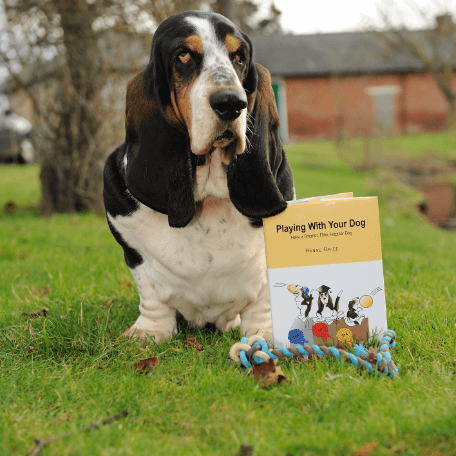
Get Hanne's Book
Playing With Your Dog will help any dog owner work out the games that are best suited for their pet to play throughout his life, from puppyhood to old age. The book also shares some tricks for all ages, group activities, and recommended toys that dogs will enjoy.
